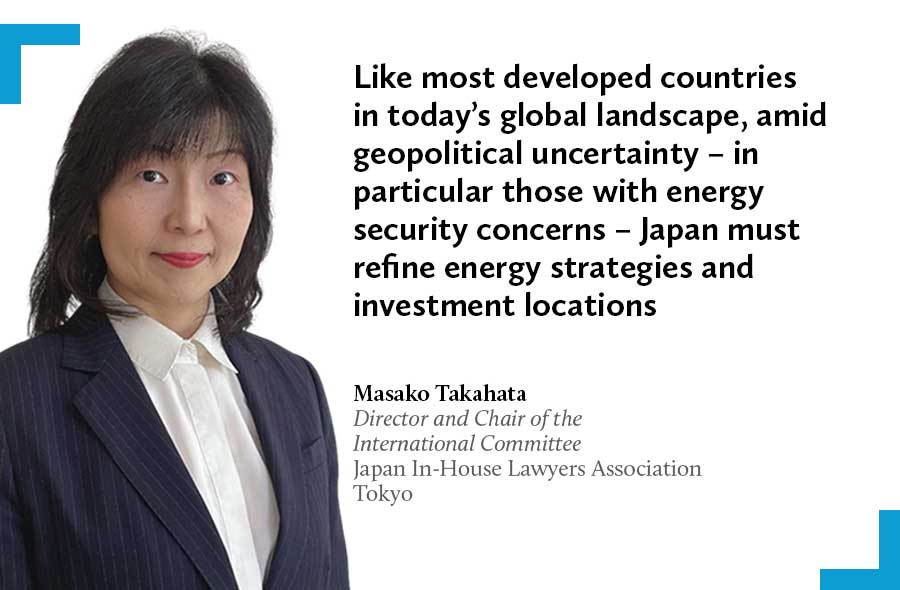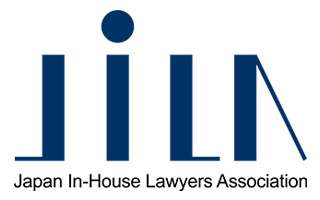The UN Conference on Trade and Development’s latest World Investment Report 2022 shows that global flows of foreign direct investment (FDI) have recovered to pre-pandemic levels since 2021, reaching USD1.58 trillion, up 64% from the exceptionally low level in 2020.
The pandemic had a sudden and considerable impact not only on public health but also on the global economy. Amid a slow but steady recovery, many countries worldwide have been facing a food and energy crisis exacerbated by the Russia-Ukraine conflict. Profoundly affected by the economic turmoil followed by political uncertainty, investors have been urged to review and refine their investment strategies and countries to invest in.
In the meantime, Japanese multinationals, among the world’s largest investors, are still struggling against the economic crisis triggered by the pandemic, with FDI outflows virtually halving by 49% to USD116 billion in 2020 from USD227 billion in 2019, contributing to FDI stocks of USD1.98 trillion in 2021, according to the report.
FDI inflows to Japan also remain low compared to most other developed countries. The report notes that inward FDI flows declined by 30% to USD10.7 billion in 2020, reaching USD24.65 billion in 2021. FDI stocks in Japan were estimated at about USD232 billion in 2020 and USD257 billion in 2021.
RESPONSIBLE AND SUSTAINABLE BUSINESS
The UN submitted the Guiding Principles on Business and Human Rights: Implementing the UN Protect, Respect and Remedy Framework in 2011 in response to growing FDI worldwide arising from an increase in cross-border business, which may have an impact on human rights. In 2020, the government issued an action plan concerning business and human rights requiring business enterprises and associations to protect and respect the international human rights regime. The government also issued the Guidelines on Respecting Human Rights in Responsible Supply Chains in 2022.
Japanese multinationals, while focused on investments in various jurisdictions, are gradually becoming aware of the considerable influence of their investments on human rights. Some are working together with international law firms to ensure appropriate human rights due diligence.
In addition, most countries require a clear and effective implementation of investment policies to achieve UN Sustainable Development Goals (SDGs). Japanese companies are directing their attention to SDGs that might give them good opportunities to discuss investment strategies or new business models in the next decade.
ENERGY CONCERNS
The situation in Ukraine requires Japan, as a G7 member state, to be a part of economic sanctions against Russia, some of which address energy security issues.
Russia is known as a major player in global energy markets and is one of the world’s top crude oil producers and largest exporters, heavily relying on revenues from oil and natural gas. China is the largest importer of Russian crude, but Russia also exported a significant volume to Europe and Japan.
As one of the biggest consumers of primary energy with limited natural resources, Japan imports 99.7% of its crude oil (covering 38% of primary energy supply), 99.6% of coal (for 25% of supply), and 97.7% of liquefied natural gas (for 24% of supply), according to recent data from Japan’s Energy and Natural Resources Agency.
Given sanctions obligations, this dependence on energy imports from overseas has also necessitated reconsidering and diversifying energy supply resources. Currently, 90% of oil is imported from Saudi Arabia, the UAE, Qatar and other Middle Eastern countries, while Russia only contributes 4%.

For coal, 90% is from Australia, Indonesia and Russia, while 73% of imported liquefied natural gas is from Australia, Malaysia, Qatar and Russia.
Like most developed countries in today’s global landscape, amid geopolitical uncertainty – in particular those with energy security concerns – Japan must refine energy strategies and investment locations.
IN-HOUSE COUNSEL ROLES
It is more than essential for in-house counsel to maintain a good relationship with external counsel to explore, support and remodel the global legal community. To achieve the SDGs and avoid or mitigate human rights abuses, the roles of corporate counsel are expected not just to review project documents but also to add value to the style of business from the perspectives of legal and humanity specialists.
In relation to goal 8 of the SDGs – “Promote sustained, inclusive and sustainable economic growth, full of productive and decent work for all” – legal expertise of relevant laws and regulations and legal ethics could help develop the company strategy.
In particular, general counsel can assist CEOs and board members with a variety of inputs, options and advice to make the right investment decisions.
Additionally, to fully engage in business and human rights issues globally, companies require clear and effective implementation of investment strategies and policies.
While leveraging a comprehensive approach that addresses legal, regulatory, procedural and institutional expertise and experience affect all phases of the investment project life cycle, good co-ordination and discussion between in-house and external counsel are imperative to help companies establish competitive investments that expand sustainable FDI.
 Japan In-house Lawyers Association
Japan In-house Lawyers Association
Koishikawa Urban 4F 5-3-13 Otsuka
Bunkyo-ku, 1120012 Tokyo
Tel: +81 3 5981 6080





























